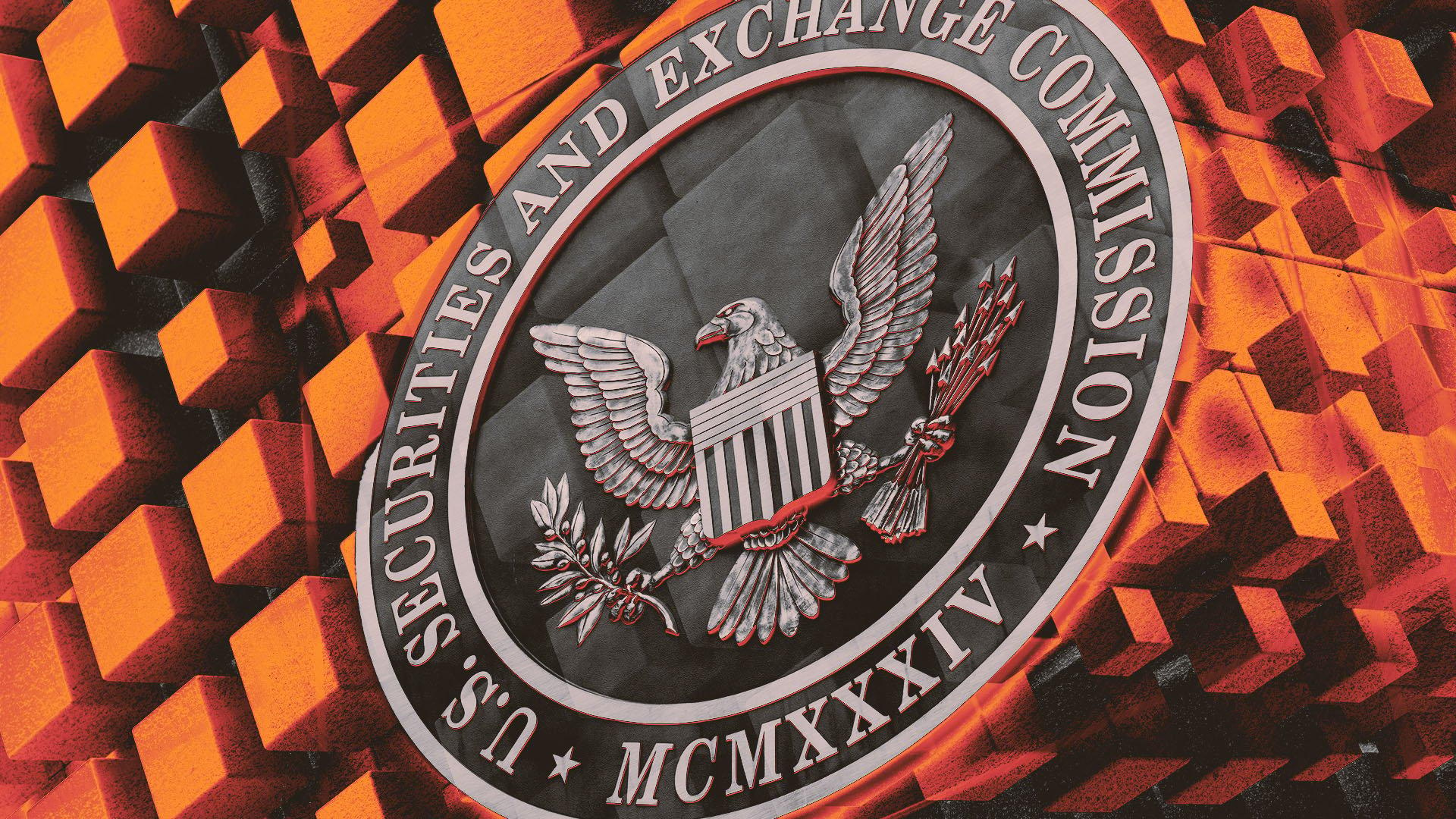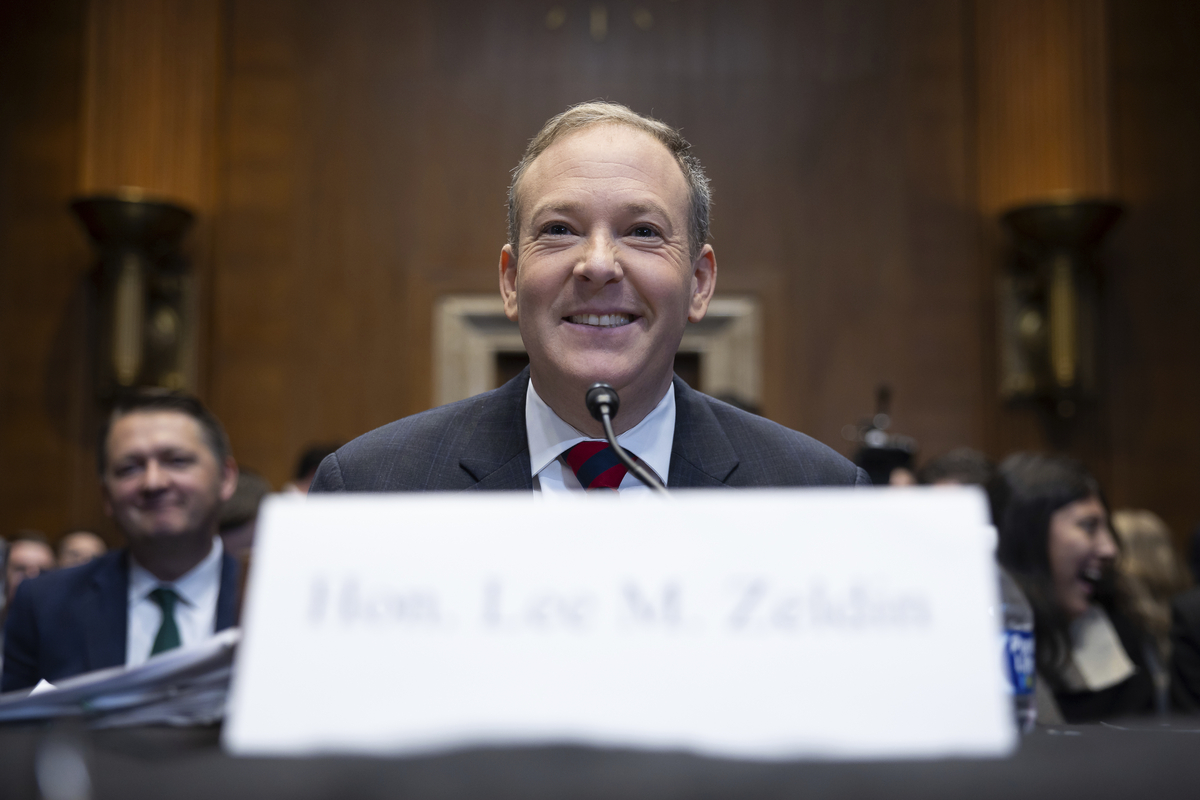
Unraveling Autism's Origins: The Complex Dance of Genes and Environment
In a controversial stance that challenges mainstream scientific understanding, U.S. Health Secretary Robert F. Kennedy Jr. has sparked significant debate with his provocative claims about autism's origins. Challenging the established scientific consensus, Kennedy argues that environmental factors, rather than genetic predispositions, play a critical role in the development of autism spectrum disorders. His bold statement, "genes don't cause an epidemic," underscores a perspective that diverges sharply from current medical research. Kennedy suggests that external environmental influences might be more instrumental in the rising prevalence of autism than inherited genetic traits. While his views have garnered attention, they remain at odds with the overwhelming scientific evidence compiled by leading medical researchers and autism experts. The medical community continues to emphasize the complex interplay between genetic and environmental factors in understanding autism's intricate landscape. Kennedy's assertions have reignited public discourse about autism's origins, prompting renewed discussions about potential contributing factors and the importance of comprehensive research into this complex neurological condition.









